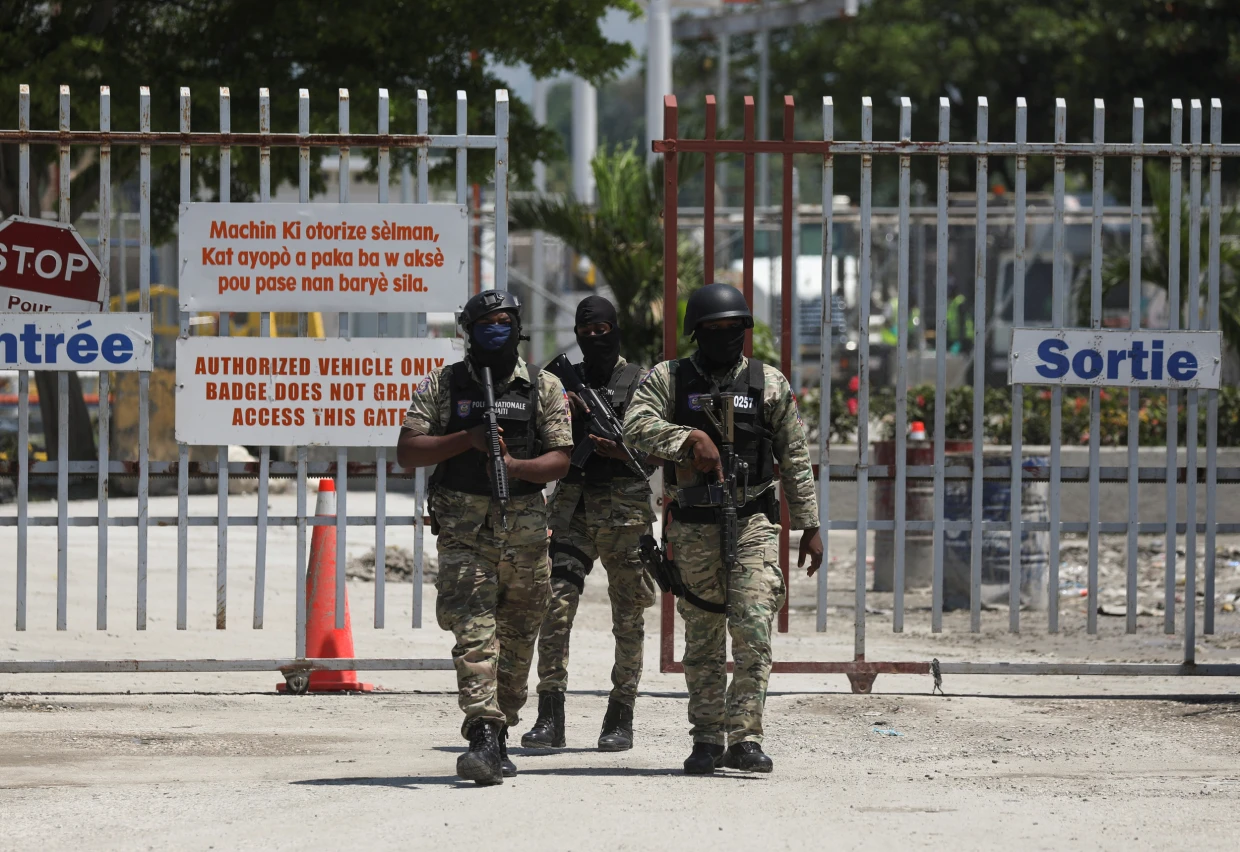By John Drescher
Haiti is desperate. It attracts American do-gooders who take the short flight from Miami and want to help. You can’t edge your way through the chaotic airports in Port-au-Prince or Cap-Haitien or travel around the country without bumping into American church groups visiting orphanages or hammering through a project. Several thousand people a year travel from North Carolina to volunteer in Haiti.
These short-term mission trips so popular now among U.S. faith groups, sometimes known as volunteer tourism, might do more harm than good. In the books “When Helping Hurts” and “Toxic Charity,” the authors make a persuasive case that well-intentioned efforts can hurt, if they build dependency or distort the market by undercutting local farmers, laborers or builders.
The author J.K. Rowling recently warned against the damage caused by “voluntourism” and orphanage tourism. She points out that internationally, most children in orphanages have parents. She discouraged giving money to orphanages.
Without orphanages in Haiti, one of the poorest countries in the world, there’d be many more destitute children. Electricity and clean water are scarce. The road network is primitive. Health care is limited. Life is extraordinarily difficult.
Some groups are making a difference in Haiti, and it’s worth examining how they succeed.
Jonas Vertus, 22, and Daphno Aristile, 25, grew up in a children’s home in northern Haiti operated by a Haitian group with support from a Raleigh-based nonprofit. Vertus is studying to be a minister and will spend next summer at a Raleigh church; Aristile recently graduated with a university business degree. In a country that can seem hopeless, some groups — led by Haitians — are getting results.
Vertus and Aristile would not be thriving and educated if not for the Siloe Evangelical Mission, which runs a home for 75 children as well as seven churches and eight schools with about 2,000 children in the Gonaives area. The Siloe Mission was founded by two Haitians in 1996 and is supported by Raleigh-based Hearts and Hands for Haiti. (Disclosure: I support the N.C. group and have traveled with it to Haiti at my own expense.)
One key to the Siloe Mission’s success is that it is run by Haitians. Americans provide funding and support but local Haitians set priorities and make decisions. Outsiders can’t will Haiti (or probably any other country) to their vision of progress.
Young Haitians, if given the opportunity, work quietly toward a better day. Vertus entered the children’s home when he was 7. “I was a child abandoned,” Vertus said in English. “I know God as father to the fatherless.” When he thinks of his country and of his friends who could not afford to go to university, he says being in the children’s home was a blessing.
Aristile is the oldest of three children. His parents struggled to support their family and he entered the home when he was 12. He credits the teachers at his primary school, which is part of the Siloe Mission. “In their way of talking, teaching and leading us, they always showed how passionate they are to give us the kind of education we deserve,” Daphno said. He plans to work for a year at the children’s home, then own a business and get a master’s degree in business administration.
These two young men, raised like brothers at the children’s home, represent the possibility of a new future for Haiti. I first met them when they were teens. Recently, as we bumped along in the back of a pickup truck on a rough and dusty back road, they were solid and steady. They are mature, smart, generous, diligent and ambitious in a good way. They have aspirations for themselves and the children growing up at the home, who are like eager younger siblings to them. They are grounded in the values of those who reared and educated them. The long, patient work of the Haitian adults who molded them is paying off.




